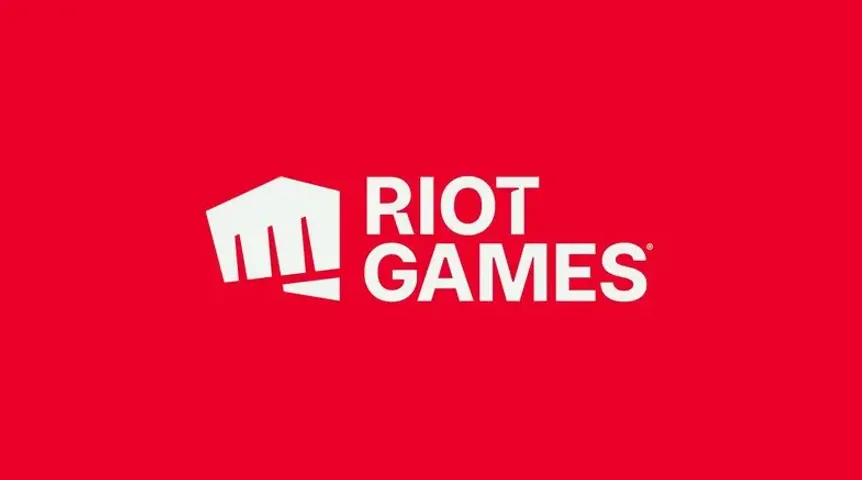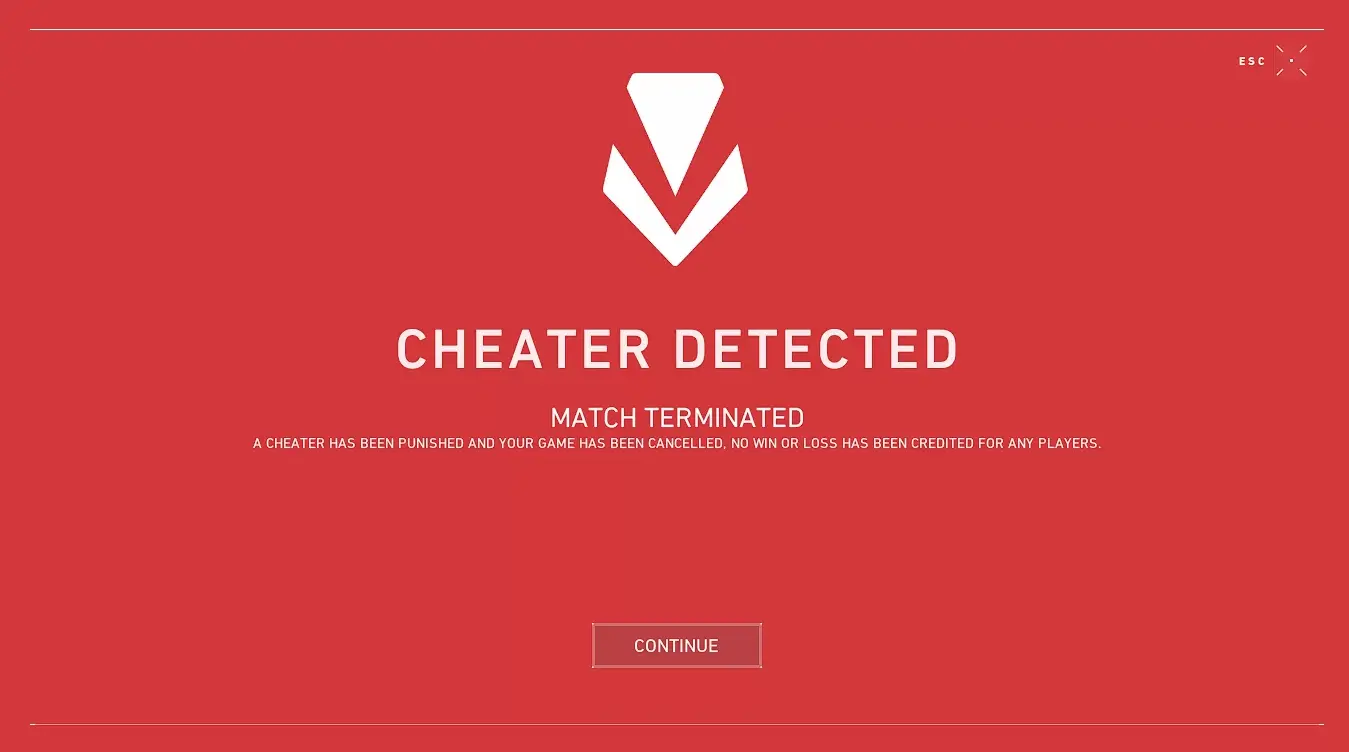- KOPADEEP
Article
12:08, 24.09.2024
2

Despite Riot Games' efforts to ensure fair competitive matchmaking, cheaters regularly appear in Valorant, ruining matches for many players. Among the most common cheats, you might encounter wall hacks, aimbots, radar hacks, and exploit cheats, which allow players to gain an unfair advantage over their opponents.
IMPORTANT: Riot Games takes the use of third-party software very seriously and strongly advises against using any programs for playing Valorant. Any attempts to use cheats, triggers, etc., will result in account bans.
Our editorial team created this material not to encourage cheating in Valorant, but to help our readers understand what types of cheats they might encounter, assess the actions of allies/opponents accurately, and file complaints in a timely manner.
READ MORE: How to Fix Valorant Error Code 43

Types of cheats in Valorant
We’ve prepared a brief list of cheats that Valorant players are most likely to encounter at any rank:
- Valorant Wall Hacks: One of the most common cheats in Valorant, wall hacks allow players to see enemies through walls and other obstacles, providing them with a significant advantage. Knowing the enemy's position at all times removes the need to strategize, turning the game into a mere confrontation and removing its intrigue.
- Aimbot: Along with wall hacks, aimbots are also highly sought after. These programs automatically aim and shoot for the player, making misses virtually impossible. Links to aimbot downloads can easily be found online, but these cheats come with many risks, which we will discuss below.
- Hack Map: Another cheat that makes competitive play less interesting and competitive. This software allows players to see enemy movement across the map, giving them an advantage and allowing them to seize the initiative. It might seem less harmful compared to wall hacks, but the punishment for using such programs is exactly the same.
- Exploit Cheats: These include various auxiliary software that is also banned in Riot Games' products. Examples include: Triggerbot: Fires automatically when aiming at an enemy. ESP: Displays additional information, such as enemy health, location, weapons, etc. Speedhack: Allows the player to move faster than intended by the game.
Understanding this list will help you explain more clearly to support what type of cheaters you’ve encountered, thus aiding in the removal of undesirable players from Valorant.
The cheat market for Valorant
There is a thriving market for Valorant hacks, with websites and forums offering everything from Valorant hacks free to premium packages. Some players are willing to purchase these cheats, believing they will improve their chances of ranking up. However, many of these cheats are sold on dubious sites, and their use can lead to severe consequences. Riot Games maintains a zero-tolerance policy towards cheating, and players caught using cheats risk permanent bans.

Combating cheats in Valorant: Vanguard and measures against offenders
Having covered the types of cheats available in Valorant, we must address the consequences and warn against using such software. While Valorant hacks, whether free or paid, may seem tempting, they carry significant risks. Firstly, using these cheats, such as wall hacks or aimbots, is a direct violation of Riot Games’ terms of service.

Players caught using any cheats may lose access to the game permanently. And don’t think you can simply create a new account, as Riot Games continually enhances its cheat protection system known as Riot Vanguard. As a result, the system can now block you at the hardware level, permanently preventing you from playing Valorant or other Riot Games products. Thus, choosing to download an aimbot or purchase Valorant wall hacks can have far-reaching consequences beyond just the game.
Riot Vanguard is an anti-cheat system that operates continuously, blocking third-party programs that give players an unfair advantage and detecting hardware cheats. It monitors all processes on the player's computer, preventing any attempts to interfere with the gameplay.
Using prohibited programs, such as auto-clickers, aiming bots, and other unauthorized tools, will result in a permanent account ban. This punishment also extends to those playing in a group with cheaters, who risk a 180-day ban. Developers recommend that players actively report offenders through the in-game reporting system.
Precautionary measures: Support for only modern versions of Windows

As part of the fight against cheating, Riot Games has discontinued support for outdated and vulnerable versions of Windows (7, 8, 8.1, and early versions of Windows 10). Supporting such systems complicates development and reduces security, so the company has decided to focus on more modern and secure versions of the operating system. Players using old versions of Windows will receive notifications requesting them to update their system to continue playing Valorant.
Conclusion
Cheats in Valorant, such as wall hacks, aimbots, and hack maps, undermine the integrity of the game and lead to unpleasant consequences for all participants. Riot Games actively combats cheating with the Riot Vanguard anti-cheat system, which can block not only accounts but also players' hardware.
Upcoming Top Matches
Latest top articles







Comments2